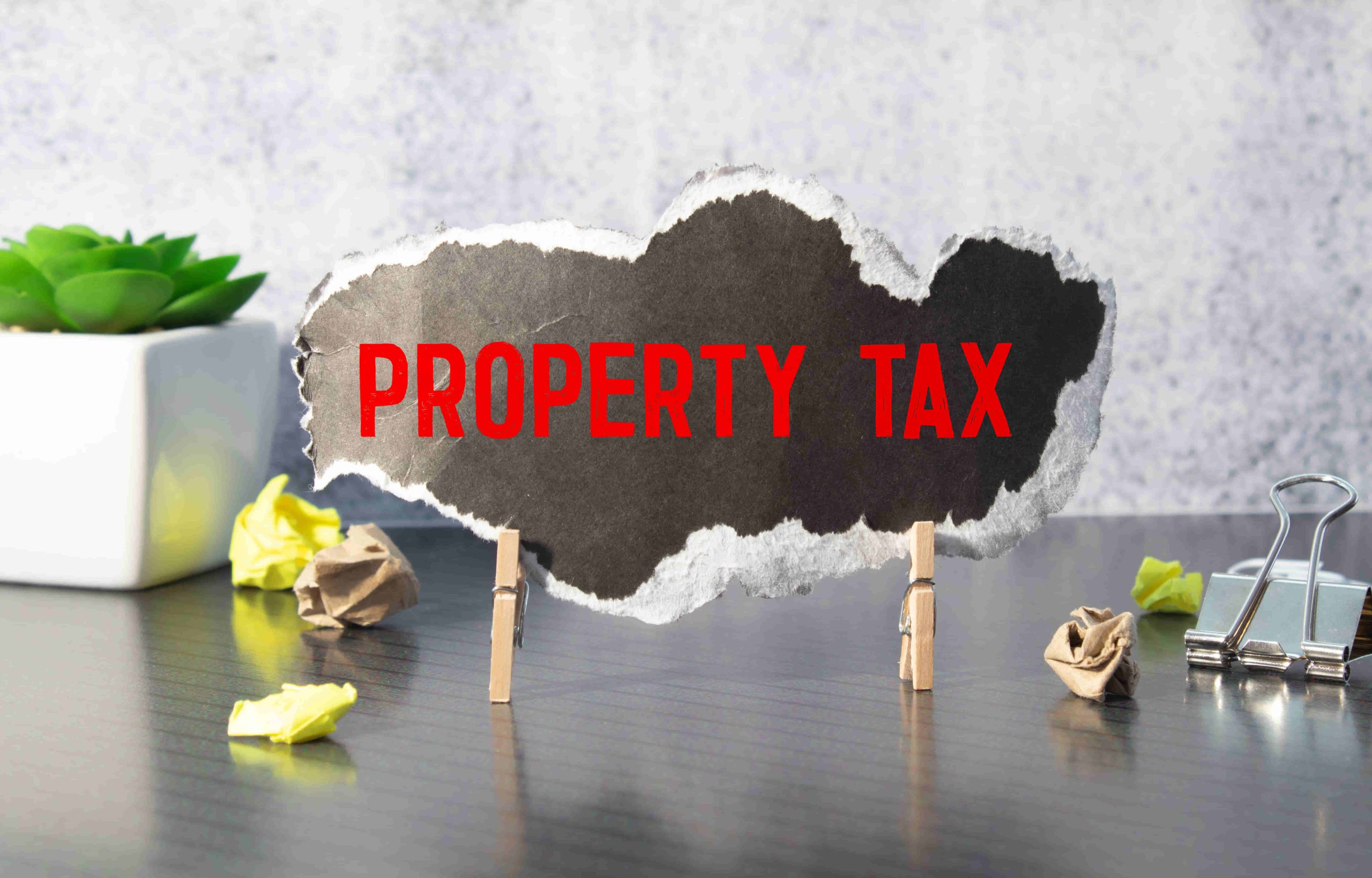Property taxes are a key consideration for anyone looking to purchase a home or invest in real estate. These taxes can vary widely, not only from state to state but even between neighboring properties. On average, American households pay about $2,459 annually in property taxes. But this number can fluctuate significantly depending on the location.
Understanding property tax rates is important for making informed decisions, especially if you’re looking to minimize your financial burden. While most states impose property taxes, some states have remarkably low rates, and you might wonder if any states don’t have property taxes at all.
In this blog, we’ll cover U.S. states with no property taxes, along with those with the lowest and highest property taxes. This will help you make informed decisions for your next home or investment.
Understanding Real Estate and Personal Property Taxes
Real estate taxes, commonly known as property taxes, are charged on immovable assets like land and buildings. These taxes are paid to state and local governments and are a key source of revenue for funding essential services such as schools, roads, and public safety.
Personal property taxes, in contrast, are imposed on movable items like vehicles, boats, and equipment. These taxes vary depending on the jurisdiction and the type of property being taxed. For example, while most personal property taxes apply to tangible items, intangible assets like bank accounts are usually not taxed.
Both types of taxes play an important role in supporting local and state services, with real estate taxes focusing on fixed properties and personal property taxes covering movable assets. Understanding these taxes can help property owners better manage their financial obligations.
Discover More: How Much Does the Government Take in Taxes?
What States Dont have Property Taxes?
For investors, the bad news is that there are no US states without property tax. Every state imposes property taxes because they are essential for funding local government services. These taxes help cover the costs of schools, police and fire departments, infrastructure, and public amenities like libraries.
However, there are exceptions on a smaller scale. For instance, some cities, like Stafford in Texas, either have no property taxes or much lower rates than the national average.
Even though every state collects property taxes, the rates vary widely. Some states are far more favorable when it comes to the amount of property tax assessed.
Let’s explore which states offer the most attractive property tax rates for homeowners and investors alike.
Learn More: How Does Federal Income Tax Work?
Top 10 States With the Lowest Property Taxes in 2024
These states have some of the lowest property tax rates in the country. Despite their lower rates, factors such as home values and household incomes can influence the actual tax amounts homeowners pay each year.
| State | Effective Property Tax Rate | Typical Home Value | Annual Taxes on Typical Home | Median Household Income |
| Hawaii | 0.31% | $850,343.12 | $2,636.06 | $92,458 |
| Arizona | 0.41% | $431,491.79 | $1,769.12 | $74,568 |
| Alabama | 0.42% | $228,101.79 | $958.03 | $59,674 |
| Delaware | 0.43% | $388,163.02 | $1,669.10 | $82,174 |
| Tennessee | 0.44% | $321,434.83 | $1,414.31 | $65,254 |
| Idaho | 0.44% | $454,300.05 | $1,998.92 | $72,785 |
| Utah | 0.45% | $516,152.59 | $2,322.69 | $89,168 |
| Nevada | 0.48% | $443,203.27 | $2,127.38 | $72,333 |
| Colorado | 0.48% | $544,617.87 | $2,614.17 | $89,302 |
| West Virginia | 0.49% | $167,282.20 | $819.68 | $54,329 |
These states offer lower property tax rates and a mix of home values and incomes. Hawaii, despite its low tax rate, has high home prices, leading to larger tax bills. On the other hand, West Virginia combines a low tax rate with affordable home prices, making it a very budget-friendly option. Understanding these differences can help you make smarter decisions when buying or investing in property.
Read More: How to Lower Property Taxes?
Top 5 States With the Highest Property Taxes in 2024
Property taxes can significantly affect the cost of homeownership, especially in states with high rates. Below is a table that outlines the top five states with the highest property tax rates in 2024, along with the average annual taxes on a median-priced home in each state.
| State | Average Effective Property Tax Rate | Annual Taxes on a Median-Priced Home |
| New Jersey | 2.46% | $8,928 |
| Illinois | 2.29% | $5,213 |
| Connecticut | 2.16% | $6,251 |
| New Hampshire | 2.09% | $6,235 |
| Texas | 1.90% | $4,399 |
These states lead the nation in property tax rates, with New Jersey topping the list at 2.46%.
Homeowners in these states face significant annual tax bills, particularly in areas where home values are higher. This information is crucial for anyone considering buying property in these states, as the high tax rates can have a substantial impact on the overall cost of ownership.
SWAT Advisors can help you reduce your property tax bill with personalized strategies, whether you’re in a high or low tax state. We’ll make sure you take advantage of all available tax breaks and exemptions.
We also provide specialized services across the country. Plus, we have an expert tax planner in California for individuals and businesses looking to optimize their tax strategies, and we have business continuity consultants for companies aiming to secure their operations and prepare for the future.
In Closing!
Ultimately, property taxes are unavoidable in homeownership in the U.S., and understanding how they differ from state to state is essential for making informed decisions. While some states have lower property tax rates that can help reduce your costs, others have higher rates that can significantly increase them. Understanding these differences can help you choose a location that fits your financial goals.
When planning your next move or investment, research the specific tax laws in the area you’re considering. Remember, property taxes are just one part—consider how they fit into the broader cost of living. Keep an eye on potential changes in local tax policies, as they can affect your future financial plans. Being well-informed and proactive about these factors can help you make a smarter choice for your home or investment.
For personalized guidance, consider consulting with our in-house tax planning advisor at SWAT Advisors, who can help you understand the property tax implications in different states and tailor a strategy that aligns with your financial goals.





